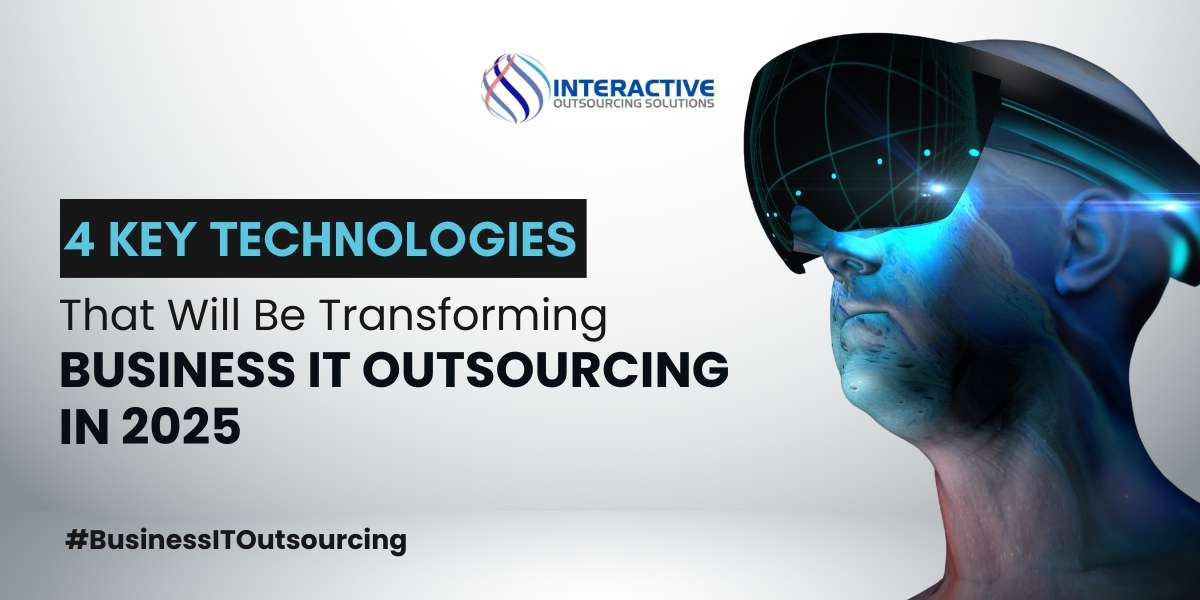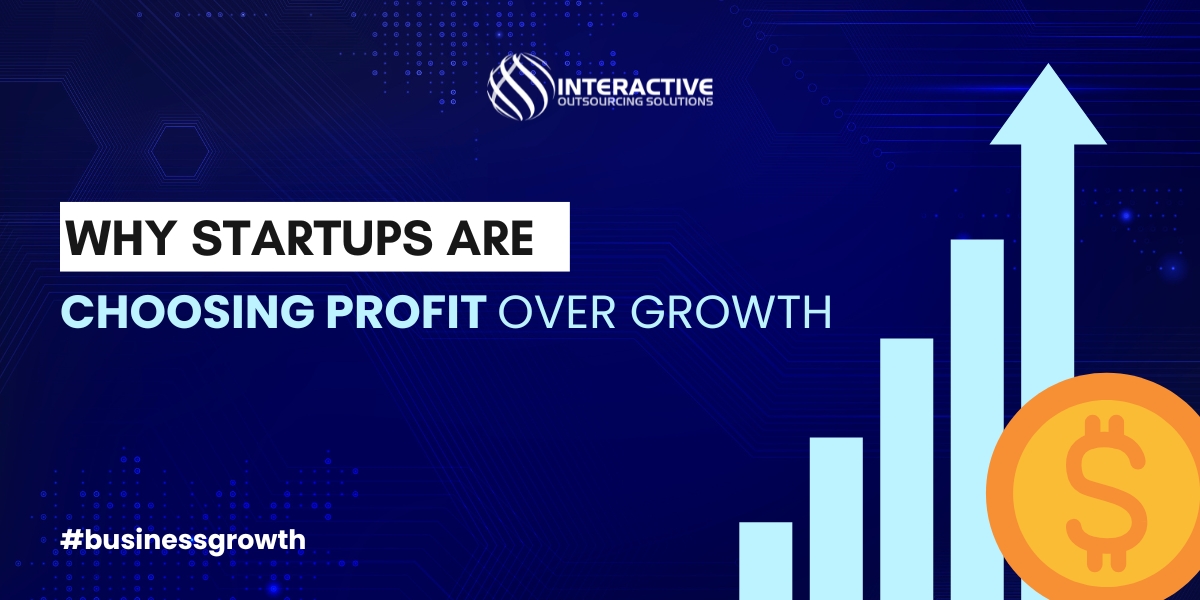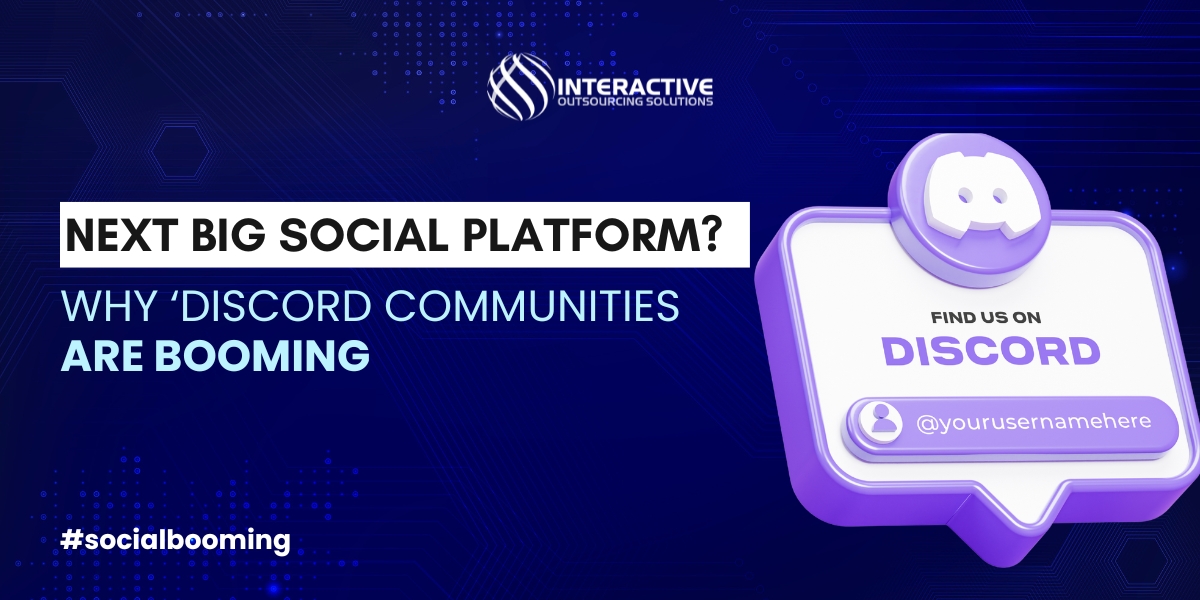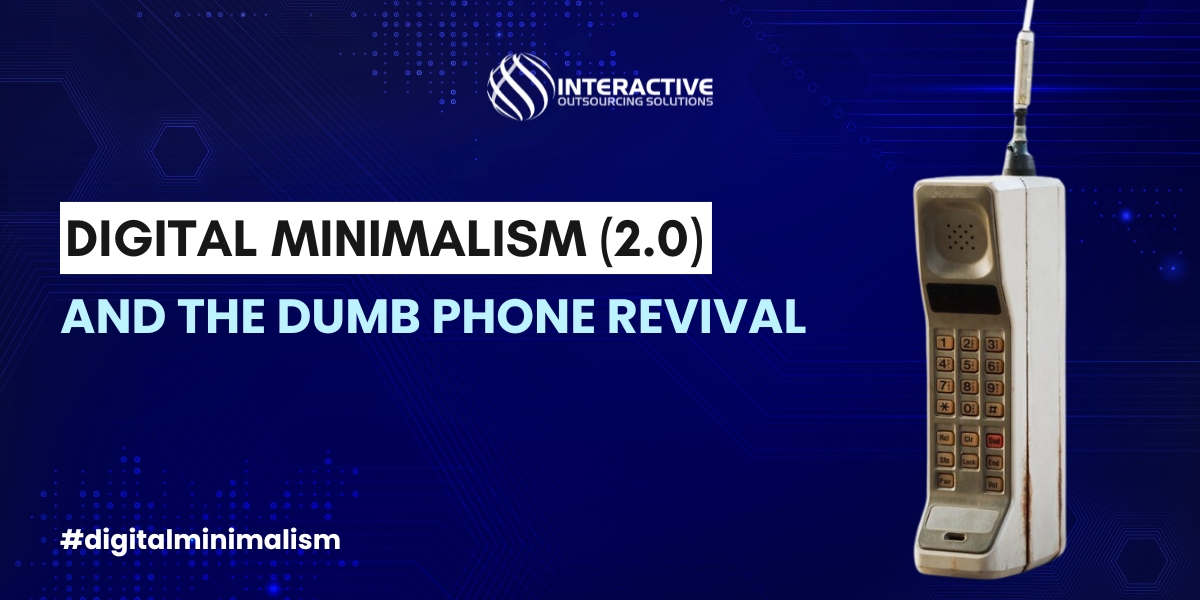Share
The need for technological advancement in IT outsourcing
Technological advancement is essential for any industry to thrive and keep up with the trends of digital trends in the developing world. The global Business Process Outsourcing (BPO) and IT Outsourcing market is experiencing significant transformation into business transformation outsourcing as companies from various sectors progressively embrace digital technologies to improve service delivery and optimize their operations. The increasing prevalence of digital transformation in IT Outsourcing is propelled by evolving business requirements, as organizations seek services that extend beyond conventional outsourcing solutions.
Impact of changing IT landscape on BPO
The IT Outsourcing or BPO sector has witnessed increased competition as both traditional service providers and emerging digital-first companies vie for market dominance. Numerous corporations and organizations are making substantial investments in digital technologies to maintain a competitive edge. Established players utilize their extensive scale and resources to incorporate advanced solutions, thereby delivering comprehensive digital transformation services to their clients. IT Outsourcing companies leverage these Emerging technologies by utilizing a skilled workforce to deliver cutting-edge digital outsourcing services to their partners.
4 Key technological components adopted by IT outsourcing and BPOs
A full service IT outsourcing service needs to be well-equipped with the right tools and kind of expertise to cater to the changing needs of its partners. Since we have already discussed what are BPO solutions on many occasions. So I don’t feel the need to elaborate on that and delve right into how organizations can leverage technologically advanced BPO services. We will now talk about how BPO services and the digital needs of businesses converge. Here are 4 Key technological components adopted by IT outsourcing and BPOs.
1. Robotic Process Automation (RPA)
Robotic Process Automation or RPA is a technological solution that facilitates the creation, implementation, and oversight of software robots. These robots can be programmed to replicate human activities and engage with digital systems, thereby automating fundamental manual and repetitive tasks. RPA is also called the digital workforce of a BPO. This technology enhances the capabilities of human workers. The adoption of RPA motivates BPO employees to concentrate on their strengths—driving innovation and contributing value to the organization. With RPA managing routine tasks, individuals can dedicate more time to essential business operations. This allows them to focus on skill development, delivering exceptional customer service, or devising innovative solutions that differentiate the brand.
2. Artificial Intelligence (AI) and Machine Learning (ML)
Machine learning ML is a subdomain of Artificial intelligence. The integration of automation and AI technologies has greatly enhanced operational efficiency in the BPO industry. Through the automation of routine tasks and the adoption of robotic process automation (RPA), organizations have refined their workflows, minimizing the time and resources needed for these activities. This enhancement enables employees to concentrate on more intricate and value-generating tasks, resulting in favorable outcomes.
The implementation of automation and artificial intelligence has significantly enhanced both the precision and quality of It outsourcing services in business process outsourcing operations.
Call center digital transformation is one good example here that helps BPO provide Enhanced Customer Support with the help of AI-powered chatbots and voice recognition technologies that have revolutionized the way businesses interact with their customers. A significant number of customer support representatives say that AI saves them time and makes them look more efficient and informed in front of the customers.
3. Cloud Computing
Cloud computing encompasses the provides computing services via the Internet, enabling users to access and store data from remote locations instead of depending on local servers or personal computers. This framework offers a variety of services, such as storage, servers, databases, networking, software, and analytics.
IT Outsourcing services are typically categorized into two factions: back-office operations and front-office operations. Cloud computing has transitioned from a groundbreaking technology to a fundamental component of contemporary business process outsourcing services. Initially, IT Outsourcing service providers depended on physical data centers and on-premises information technology (IT) solutions. Nevertheless, these approaches had drawbacks, including elevated maintenance expenses and challenges related to scalability. Expert cloud computing dependant, IT Outsourcing service can deliver scalability, Security and it is extremely cost-effective as it does not involve physical hardware or High-end hardware that is costly. With minimum maintenance and zero downtime, IT Outsourcing and BPOs leverage Cloud computing to deliver top-of-line, efficient, and cost-effective solutions to businesses looking for swift growth patterns.
Three Main Cloud platforms that are formidable alternatives to each other are
- Amazon Cloud Services or AWS
- Google Cloud Platform or GCP
- Microsoft Azure.
4. Data Analytics
Data analytics is progressively establishing itself as a fundamental element of Business Process Outsourcing (BPO), evolving conventional outsourcing frameworks into strategic, data-informed operations. This transformation is propelled by the necessity for organizations to boost efficiency, enhance customer experiences, and utilize insights for more informed decision-making.
BPO companies with Data analytics expertise have revolutionized contact center digital transformation. Data analytically driven IT outsourcing companies utilize essential metrics, including the volume of incoming calls, the duration required to resolve issues, service quality levels, and the proportion of calls that are successfully handled compared to those that are abandoned. By analyzing these metrics, organizations can pinpoint inefficiencies, optimize their operations, and enhance the overall quality of service provided.
In the world of outsourcing IT and BPO Data analytics is essential for enhancing operational efficiency and fostering innovation. Leading BPO companies like Interactive Outsourcing Solutions leverage data analytics to assess and improve IT performance. By examining data concerning system availability, error reports, and user input, they can proactively detect and resolve IT challenges, thus reducing downtime and increasing productivity.
The application of data analytics goes beyond merely enhancing processes. By utilizing data effectively, organizations assist their clients in making well-informed business decisions and achieving strategic objectives.
Conclusion:
Robotic Process Automation (RPA), Artificial Intelligence, Cloud computing, and Data analytics are fundamentally changing the landscape of business transformation outsourcing, BPO and IT outsourcing sectors, evolving from a mere cost-reduction strategy into a vital instrument for fostering business growth and innovation. Corpshore Solutions, leveraging its extensive expertise in data analytics, is leading this transformation by delivering enhanced business results for its clients through insights and solutions grounded in data.






